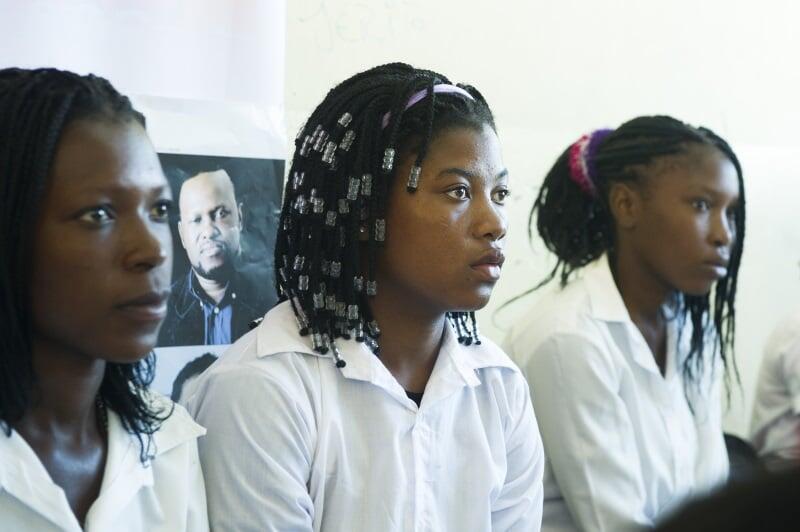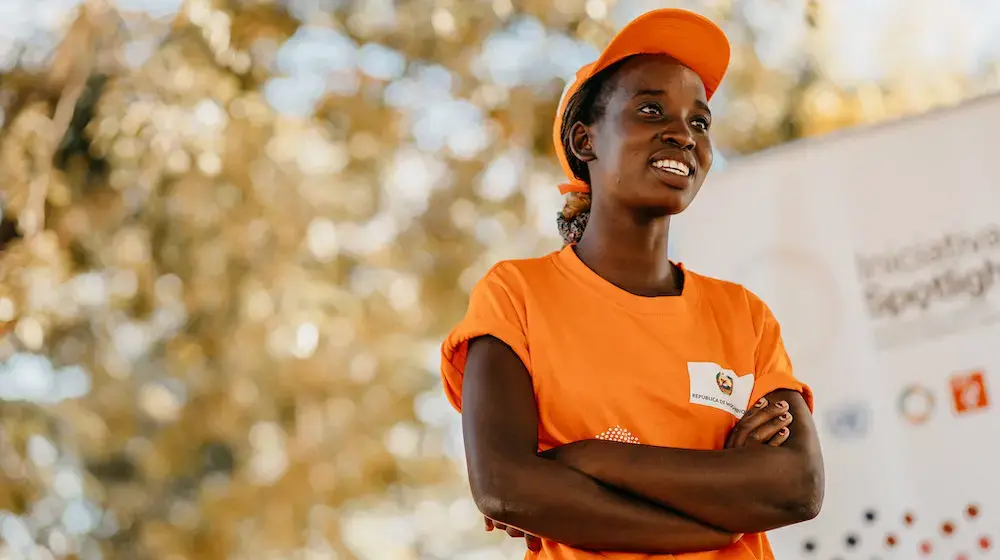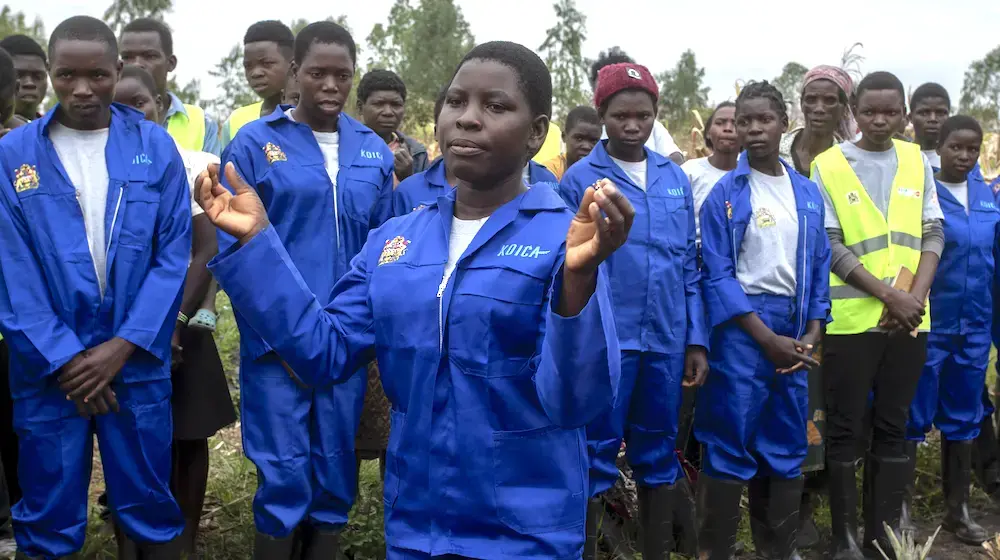MAPUTO, Mozambique – The Government of Mozambique launched its National Strategy for Preventing and Combating Child Marriage at a public event on 11 April.
The strategy was approved by Cabinet in December 2015.
At the launch the Minister of Gender, Children and Social Welfare, Cidália Chaúque, emphasized the role and collaboration of the UN and other partners in their ongoing efforts to curb child marriage and other harmful practices for girls and young women in Mozambican society.
UN Mozambique Resident Coordinator, Márcia de Castro, expressed grave concern about the relatively high number of early marriages in Mozambique. She said legal loopholes, especially in Mozambican Family Law, accommodates early marriage practices.
“The UN in Mozambique, through UNFPA and UNICEF, will continue working with the Government, non-governmental organizations and civil society organizations to reduce these harmful practices which fuel continuous inequalities among girls and boys and the impoverishment of women in our society,” she said.
The National Strategy for Preventing and Combating Child Marriage takes an holistic approach to children and girls and their rights, for articulated and coordinated action, with a view to creating a more favourable overall development of the child protection environment.
The strategy aims to promote a socio-economic and cultural framework that supports the prevention, combating, reducing and phasing out of early marriages in Mozambique.
The strategy includes communication and social mobilization, access to quality education and retention, empowerment of young girls, sexual and reproductive health, legal and political framework, research and monitoring, and multi-sectorial coordination and advocacy.
UNFPA played a key role in the elaboration process and supports the implementation of the national strategy through experience with the Action for Girls Programme. Action for Girls is a mentorship programme targeting vulnerable adolescent girls both in and out of school.
Girls’ groups meet in safe spaces, and are linked to quality sexual and reproductive health services. The groups are creating a platform for debate to inspire changes in the community, and increase knowledge and skills among the participants.
Mozambique has the seventh highest child marriage prevalence rate in the world. On average, one out of every two girls is married before her eighteenth birthday (52 per cent, according to MICS 2008)[1] and almost one out of five girls (18 per cent) is married before turning 15.
By Alvo Ofumane




